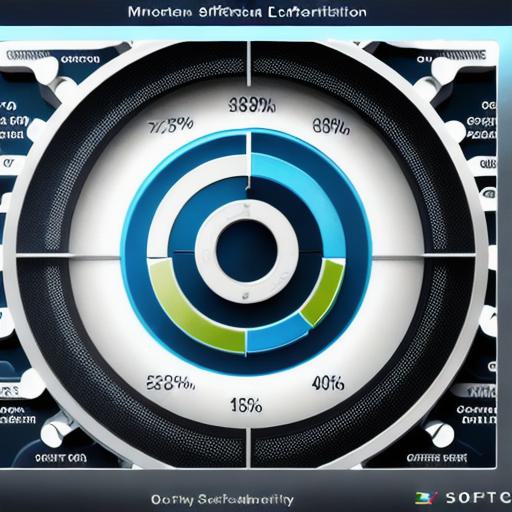Is the future of software engineering automation inevitable

Automation has been a buzzword for years now, and it’s no surprise that software engineering is no exception. With the rapid advancements in technology, automation has become an essential part of software development, making it faster, more efficient, and less prone to human error. In this article, we will explore whether the future of software engineering automation is inevitable and what its implications are for the industry.

Why Software Engineering Automation?
Automation in software engineering has been around since the early days of programming. With the advent of coding languages and tools, it became possible to automate many tasks that were previously done manually by programmers. This not only saved time but also made it easier to maintain and update code over time. However, as technology has advanced, so too has the complexity of software development. With more and more code being written every day, automation has become an essential tool for developers to stay competitive in the industry.
Benefits of Automation in Software Engineering
There are many benefits to using automation in software engineering, including:
- Faster Time to Market – Automation can significantly speed up the development process, allowing teams to deliver new features and updates more quickly. This can give companies a competitive advantage by enabling them to release products faster than their competitors.
- Improved Quality – Automation can help identify errors in code early on in the development process, reducing the risk of bugs and other issues that can affect product quality. This can lead to fewer customer complaints and improved customer satisfaction.

- Reduced Costs – Automation can help reduce costs by eliminating repetitive tasks and improving productivity. It can also reduce the need for manual labor, which can be expensive in many cases.
- Enhanced Collaboration – Automation tools can help teams collaborate more effectively by providing real-time feedback on code changes and making it easier to track progress across different parts of a project.
Case Studies in Software Engineering Automation
There are many examples of companies that have successfully implemented automation in their software development processes. One such example is Netflix, which uses a combination of automated testing and continuous integration tools to ensure the quality of its codebase. This has helped the company to release new features and updates more quickly, while also reducing the risk of bugs and other issues that can affect product quality.
Another example is Amazon, which uses machine learning algorithms to automate many of its logistics processes. This has helped the company to improve efficiency and reduce costs, allowing it to offer lower prices and better service to customers.
The Future of Software Engineering Automation
As technology continues to advance, it’s likely that automation will become an even more integral part of software engineering. Machine learning algorithms, for example, are already being used to automate tasks such as code review and testing. In the future, we can expect to see even more advanced automation tools that can help teams work more efficiently and effectively.
However, there are also concerns about the impact of automation on jobs in the industry. As automated tools become more sophisticated, it’s possible that some roles, such as manual testers and quality assurance specialists, may become obsolete. However, there will still be a need for skilled developers who can design, build, and maintain software systems.
In addition to these concerns, there are also questions about the ethical implications of automation in software engineering. For example, how can we ensure that automated decision-making processes are fair and unbiased? How can we prevent these systems from perpetuating existing inequalities or discrimination? These are important questions that will need to be addressed as automation becomes more prevalent in the industry.
FAQs
1. What are the benefits of automation in software engineering?
Automation in software engineering has many benefits, including faster time to market, improved quality, reduced costs, and enhanced collaboration.
2. Can automation replace human developers?
While some roles in the industry may become obsolete as automated tools become more sophisticated, there will still be a need for skilled developers who can design, build, and maintain software systems.
3. What is the future of software engineering automation?
As technology continues to advance, it’s likely that automation will become an even more integral part of software engineering. Machine learning algorithms, for example, are already being used to automate tasks such as code review and testing. In the future, we can expect to see even more advanced automation tools that can help teams work more efficiently and effectively.
4. What are the ethical implications of automation in software engineering?
As automation becomes more prevalent in the industry, there are important questions about the ethical implications of these systems.